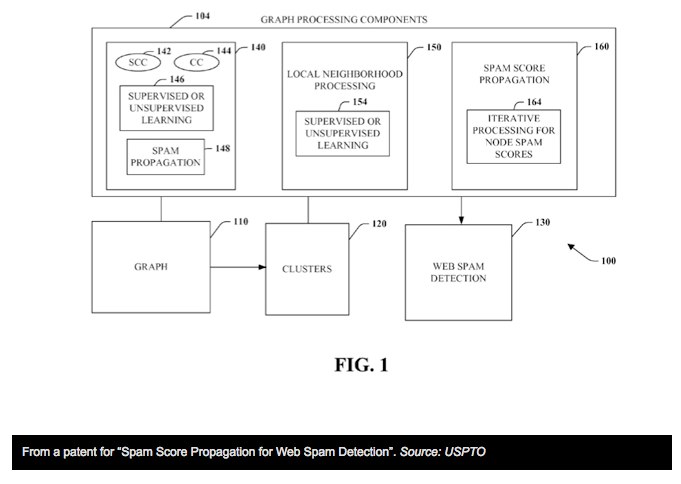 The Supreme Court has granted Certiorari in FTC v. Watson Pharmaceuticals. In this case, a brand name drug manufacturer paid a generic to stay out of the market in order to settle a patent infringement litigation. The question presented is:
The Supreme Court has granted Certiorari in FTC v. Watson Pharmaceuticals. In this case, a brand name drug manufacturer paid a generic to stay out of the market in order to settle a patent infringement litigation. The question presented is:
Whether reverse-payment agreements are per se lawful unless the underlying patent litigation was a sham or the patent was obtained by fraud (as the court below held), or instead are presumptively anticompetitive and unlawful (as the Third Circuit has held).
There has been a lot of buzz over the last few months related to reverse payments used to settle patent litigation. I wrote about the Third Circuit case earlier this year and provide some more detailed background here. These settlements are peculiar to the generic/brand name drug arena and arise from the Hatch/Waxman act.
Until this summer, virtually every appeals court had held that such settlements did not violate anti-trust laws. The courts had tested such agreements with a “scope of the patent” test that looked to see if the agreement impermissibly extended the exclusionary effect of the patent beyond those to which the patent owner is entitled. Under this test, the settlement agreement will only be thrown out if the litigation was a sham, or the patentee obtained the patent by fraud. This is a very high standard to invalidate a settlement agreement and every major case I’ve seen upheld the reverse payments.
However, last summer, the Third Circuit came to a different conclusion. In In Re: K-Dur Antitrust Litigation, the court held that reverse payments are presumptively anti-competitive and the parties must show that either the payment was not for the purpose of delaying market entry by the generic manufacturer or that the agreement offers some pro-competitive benefit. This puts the burden on the drug manufactures and would likely result in more of these agreements being challenged and invalidated.
This decision by the Third Circuit produced the first circuit split on the issue. Oral arguments will likely be held this spring or summer.



